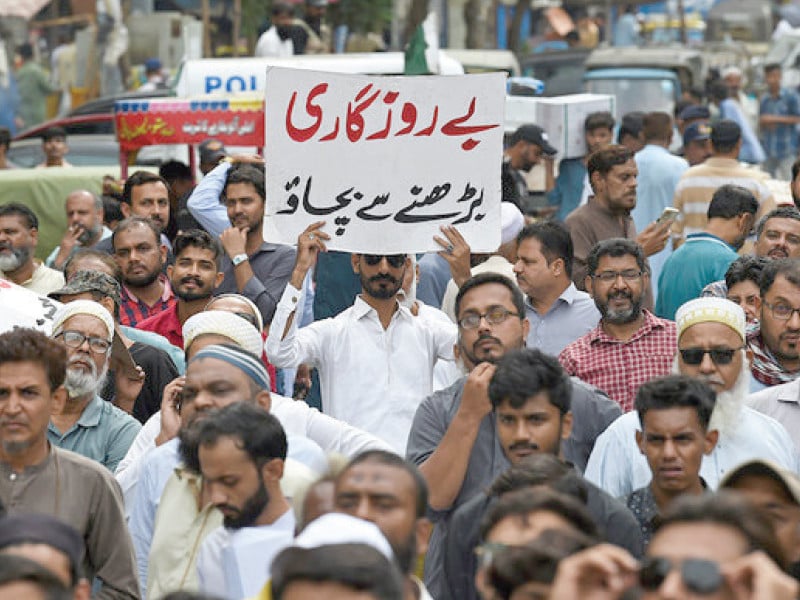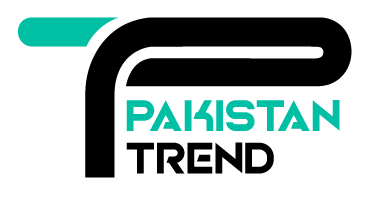According to a recent study, business owners in the country have become increasingly worried about their future due to continued political uncertainty and a new budget that is heavy on taxes. They have called Prime Minister Shehbaz Sharif’s government a “worse” controller of the economy.
During the second quarter of 2024, 454 small, medium, and large business owners from over 30 districts were questioned for the Gallup Business Confidence Index study, which was put together by Gallup Pakistan. All three business confidence strands—the direction of the nation, the future business condition, and the existing business scenario—saw a reduction in values, with scores falling by four to ten percent, according to the study.
The government’s new financial strategy for FY25 was deemed unfavorable by a sizable portion of firms, with around two out of every five citing inflation as their top obstacle. In actuality, the erosion of consumer purchasing power due to inflation, which spiked to 12.6 percent in June, continues to be a big problem. Businesses in Pakistan feel that the current Pakistan Muslim League-Nawaz (PML-N) government is doing a worse job of handling the economy than the previous one, with over half (54%) of them agreeing.
Bilal Ijaz Gilani, executive director at Gallup Pakistan and chief architect of the Gallup Pakistan Business Confidence Index, stated, “Continued political uncertainty and the recently announced heavy-on-taxation federal and provincial budgets have significantly impacted business optimism in the country.”
The business community, already burdened with various regulatory measures and taxes, expressed serious concerns about the new budget during the survey. The number of businesses wanting the government to address their taxation issues has increased notably since the first quarter due to the higher taxes imposed in the federal budget last month.
Additionally, six out of 10 businesses reported facing crippling load-shedding, with 16 percent more businesses indicating that power outages had increased due to the heavy load on the power infrastructure during the summer. Overall, 61 percent of businesses experienced load-shedding, while 39 percent did not.
Business owners and managers reported that national and global challenges had made economic security a distant dream in Pakistan, resulting in a 16 percent drop in the net current business situation score in the second quarter of 2024.
The outlook for the future was also bleak, with 57 percent of businesses expressing negative expectations and only 43 percent expecting improvement. The net future business confidence score fell by 36 percent since the last quarter, now standing at -14 percent. Pessimism was particularly high among those selling hardware, electrical items, and manufacturing products, while businesses in home decor, accessories, gift items, and cosmetics were more optimistic.
The net direction of the country score worsened by four percentage points from the previous quarter to -64 percent, continuing a negative trend from past quarters. Only 18 percent of respondents believed the country was heading in the right direction.
A majority (54 percent) of business owners rated the current economic managers from the PML-N government as worse than their predecessors in terms of economic management, with 23 percent from the manufacturing sector viewing both governments as equally poor.

The survey also revealed that 85 percent of businessmen do not consider the government’s new financial plan to be a “good budget.” Only 11 percent of manufacturers and 15 percent of service providers found the budget business-friendly.
Due to high inflation and poor business conditions, nine percent more employers, particularly manufacturers, reduced their workforce in the second quarter. Sixty percent of businesses reported worse sales this year, with 66 percent of manufacturers and 58 percent of service providers indicating declining sales.
“Gilani called on Pakistani governments to “listen to and address the voice of business communities throughout the nation.”



